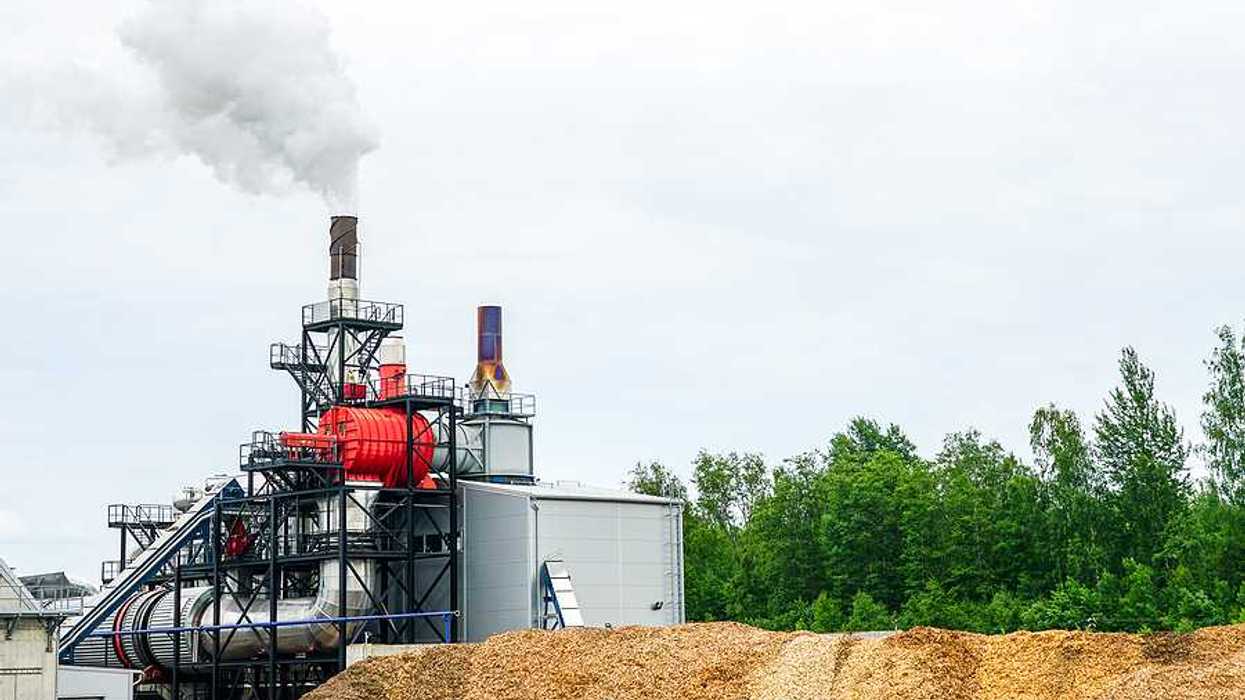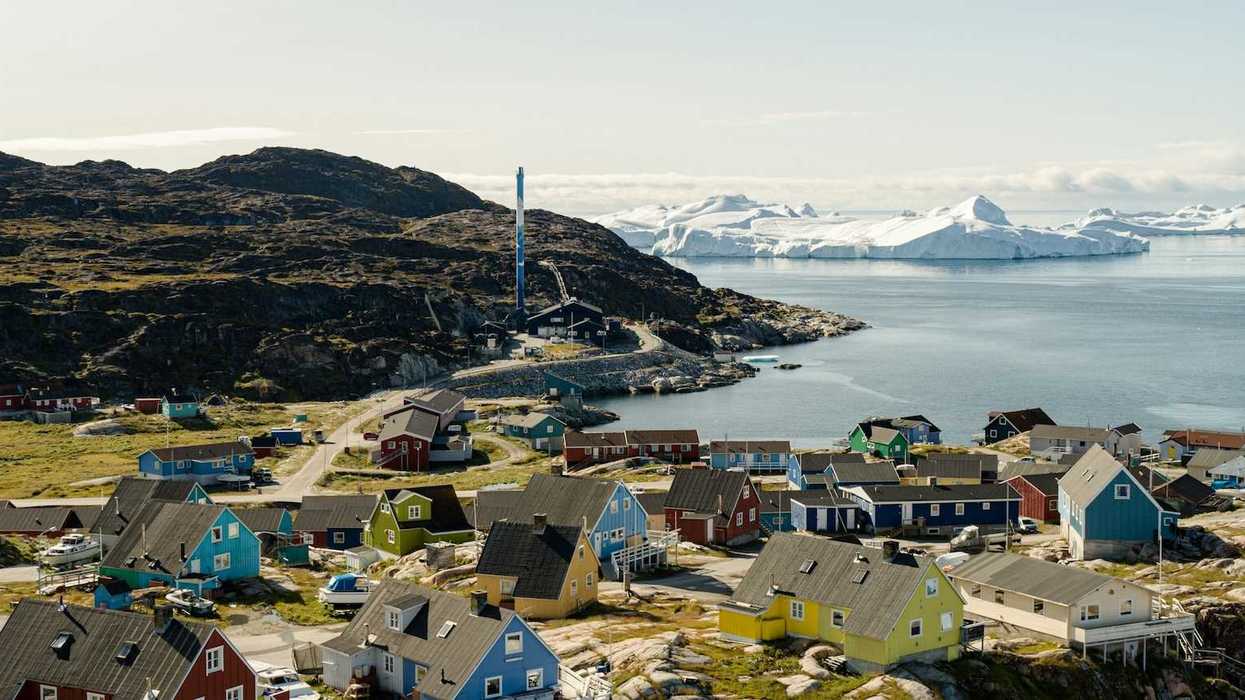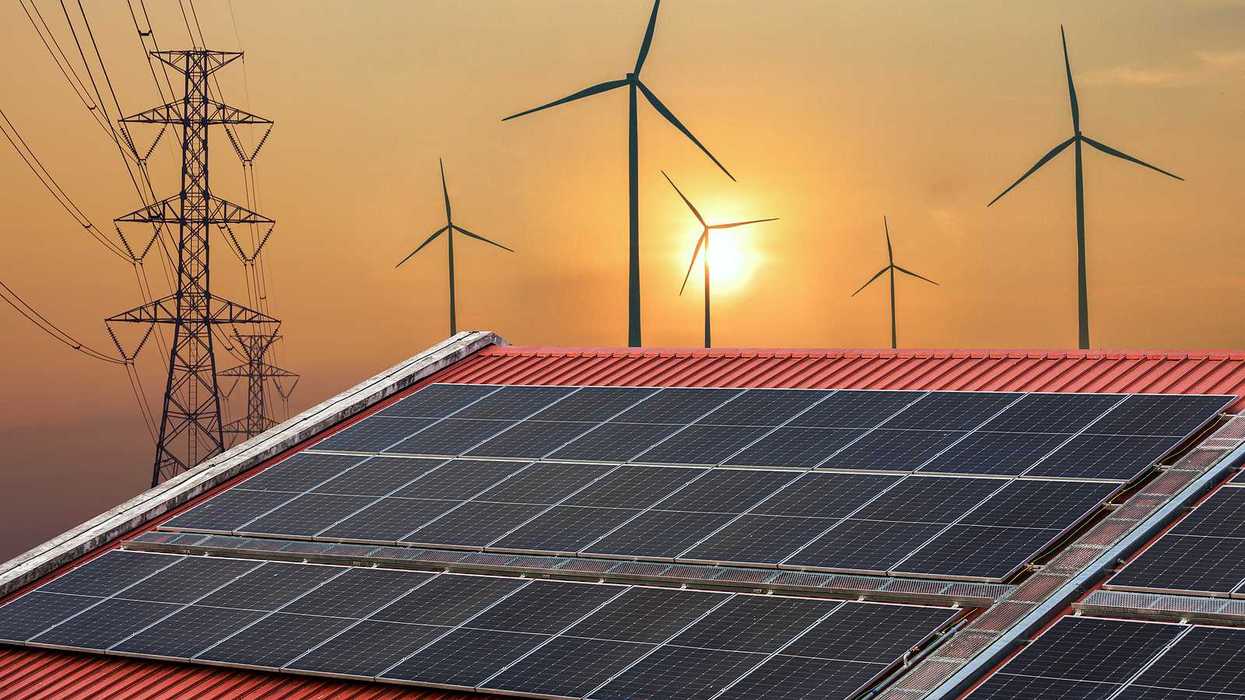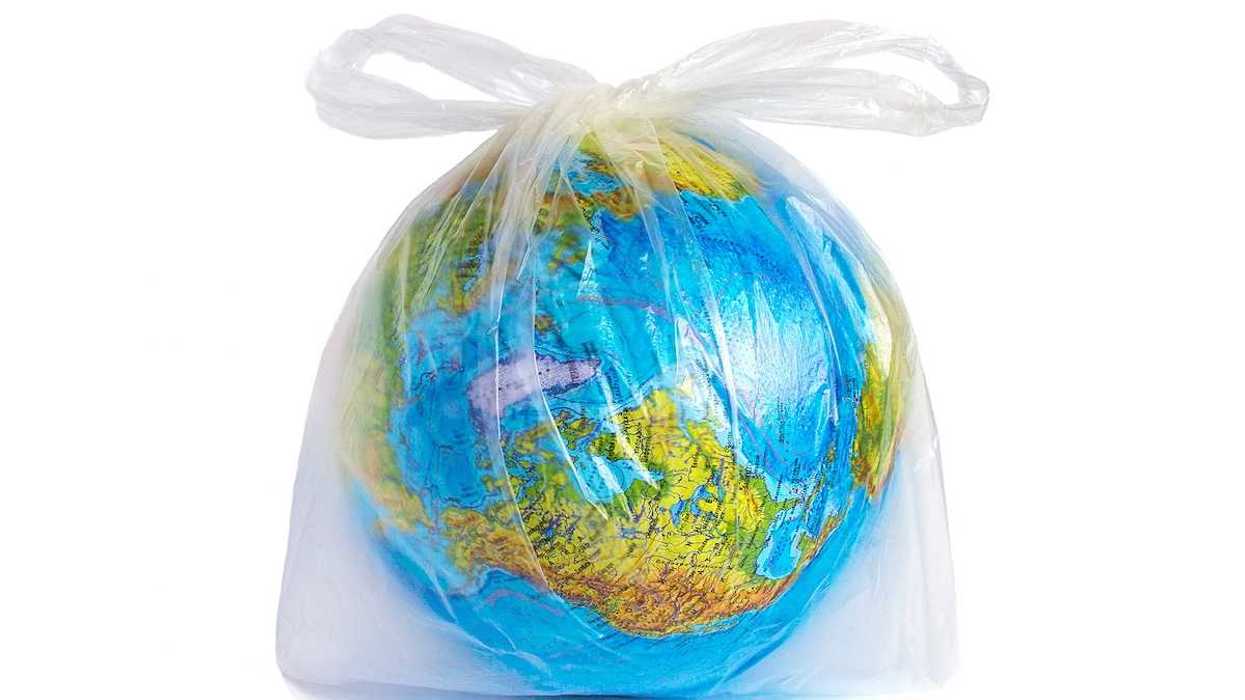When Superstorm Sandy hit New York in 2012, pregnant women exposed to the storm and extreme heat gave birth to children who now show structural changes in brain areas linked to emotional health.
In short:
- A study from Queens College, City University of New York (CUNY), used MRI scans to examine the brains of 8-year-old children whose mothers experienced Superstorm Sandy while pregnant. It found increased volume in the basal ganglia, a brain area that helps regulate emotions.
- The changes were more pronounced when mothers also endured extreme heat during pregnancy, though heat alone showed little impact. The study suggests that climate disasters and heat may interact to shape fetal brain development.
- Scientists say these findings signal that the climate crisis can have neurological consequences for future generations, expanding the scope of concern beyond the environment to public health and childhood development.
Key quote:
“What we are seeing is compelling evidence that the climate crisis is not just an environmental emergency, it is potentially a neurological one with consequence for future generations who will inherit our planet.”
— Duke Shereen, co-author of the study and director of the MRI facility at CUNY Graduate Center
Why this matters:
Rising global temperatures and stronger storms pose a risk to more than infrastructure: They affect health, and may leave biological scars before birth. During pregnancy, a fetus’ brain develops rapidly, making it highly sensitive to environmental stress. This vulnerability means that climate-fueled events like hurricanes and heat waves could alter emotional and cognitive outcomes in children. Such changes might not become obvious for years but can shape everything from mental health to learning capacity. As climate-related disasters become more frequent and intense, researchers are just beginning to understand their long-term effects on the next generation.
Related EHN coverage: LISTEN: Robbie Parks on climate justice and mental health














